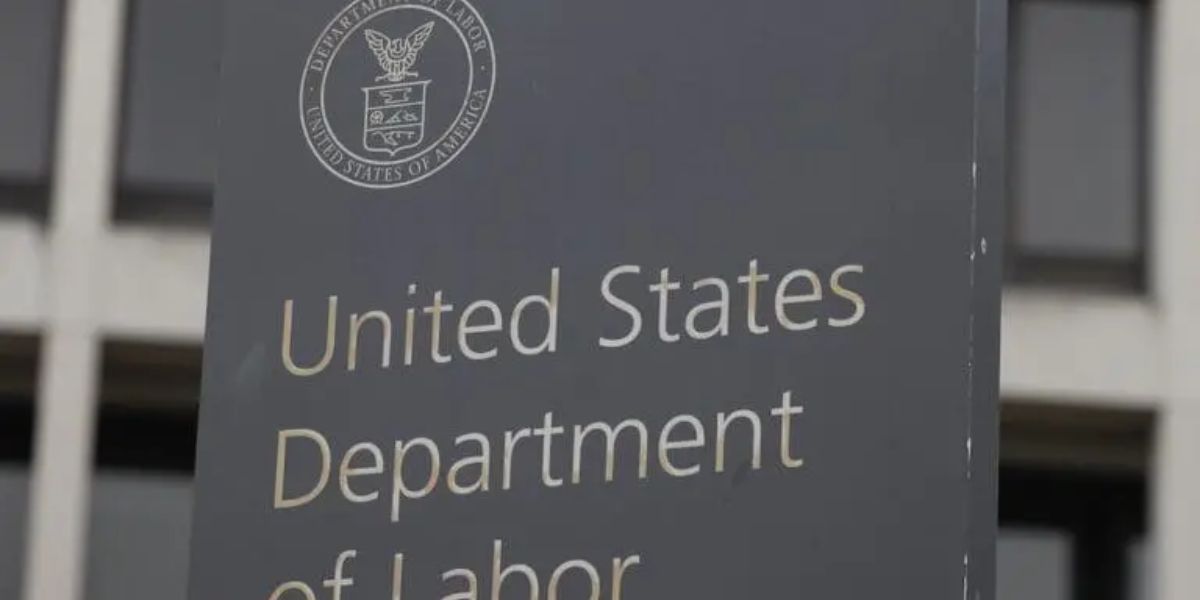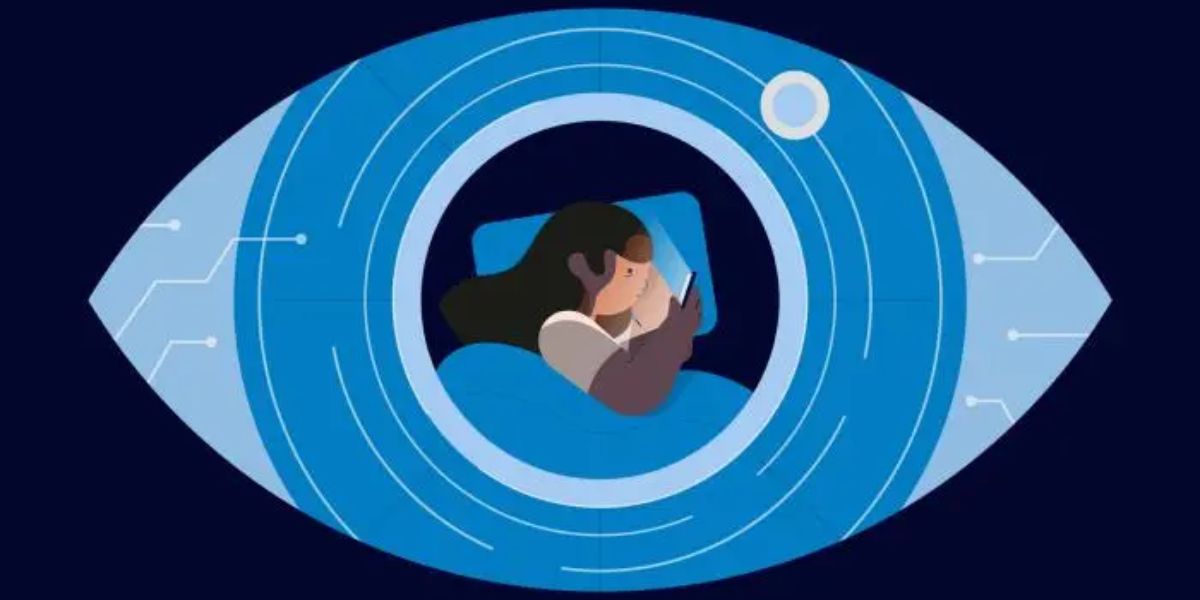MJP –
In an era of increased tension between the public and law enforcement, the question of whether flipping off a police officer is illegal often arises. Specifically, in South Carolina, residents may wonder if such an act could lead to legal consequences.
While this may seem like a simple, impulsive gesture, the question of whether it’s against the law to “flip off” a police officer is worth exploring in more detail.
Understanding the Gesture: Flipping Off
Flipping off, or giving someone the middle finger, is widely recognized as an obscene hand gesture intended to express anger, frustration, or disrespect.
It’s a behavior that, in most cases, occurs in moments of irritation but often raises questions about whether it crosses a line into illegal activity, particularly when directed at law enforcement.
South Carolina’s Approach to Public Behavior and Free Speech
In South Carolina, like most U.S. states, there are laws that govern free speech and public conduct. The First Amendment of the U.S. Constitution protects free speech, which generally includes expressing dissatisfaction or even anger toward public officials, including police officers.
However, the line between free expression and unlawful behavior is often blurred when it comes to actions that may cause disturbances or escalate conflicts.

Flipping off a police officer, in and of itself, does not automatically make someone a criminal under South Carolina law. The gesture may be offensive, but offensive speech alone is not necessarily illegal.
When Does Flipping Off a Cop Cross the Line?
While South Carolina does not have a specific law prohibiting the act of giving the middle finger to a police officer, there are situations where this behavior could lead to legal trouble. Here are some circumstances under which flipping off a cop might escalate into something more serious:
1. Disorderly Conduct
South Carolina law (Section 16-17-530) prohibits disorderly conduct, which includes behavior that causes a public disturbance or disrupts the peace. If a person gives a police officer the middle finger in a manner that causes a public disturbance, or if it leads to a confrontation that escalates, they could potentially face a disorderly conduct charge.
Louisiana Vaping Laws: Is It Illegal to Vape and Drive?
For example, if the person’s actions provoke a violent response or if the situation creates a risk to public safety, it could be considered disorderly conduct. However, simply making an obscene gesture without further provocation or disturbance is unlikely to lead to criminal charges.
2. Harassment or Obstruction
If a person’s actions, including giving a police officer the middle finger, are part of a pattern of harassment or are obstructing law enforcement duties, it could potentially lead to charges of harassment or obstruction of justice. If the gesture is seen as part of an effort to challenge or interfere with a police officer’s actions—such as during an arrest or traffic stop—it may lead to more serious charges.
In South Carolina, obstruction of justice is a criminal offense (Section 16-9-320), and it applies if a person intentionally interferes with law enforcement officers in the performance of their duties.
3. Incitement to Violence
If the act of flipping off a police officer is seen as inciting violence or leading to an escalation that results in public unrest, the individual may face charges related to incitement or provoking a violent response. This, however, would depend on the context and the outcome of the situation.
Is It Always Illegal to Flip Off a Cop?
In most cases, flipping off a police officer in South Carolina is not, by itself, a crime. The act of making an obscene gesture toward law enforcement typically falls under free speech, which is protected by the First Amendment. However, the context in which the gesture occurs is crucial. If the gesture is part of a larger pattern of disruptive or aggressive behavior, it may lead to legal consequences.
12 Bizarre Oregon Laws You Had No Idea Were Real
For instance, if the middle finger is thrown during a heated encounter or if it results in a confrontation that disrupts public order, the person could be charged with disorderly conduct or obstruction. But if the gesture is made from a distance, with no further escalation, it is unlikely to lead to criminal charges.
Potential Consequences and Legal Ramifications
If a person does face legal charges after flipping off a police officer, the potential consequences can vary. In South Carolina, a charge of disorderly conduct is usually considered a misdemeanor, which could result in a fine or a short jail sentence, depending on the severity of the situation and the individual’s criminal history.
Harassment charges could also lead to fines or even more serious penalties, depending on the nature of the interaction. Obstruction of justice, on the other hand, is a more serious charge and could result in more significant legal consequences, including potential jail time.
Conclusion
In South Carolina, flipping off a police officer is not inherently illegal. The act itself, as a form of free speech, is generally protected under the First Amendment.
However, if the gesture leads to a public disturbance, provokes violence, or interferes with law enforcement duties, it could result in charges such as disorderly conduct, harassment, or obstruction of justice.
As with any interaction with law enforcement, it’s essential to exercise caution and remain aware of how one’s actions can be interpreted. What may seem like an innocent gesture could escalate into a more serious legal situation depending on the context.
While flipping off a police officer may be frustrating or disrespectful, it’s always wise to avoid actions that could escalate tensions unnecessarily.




